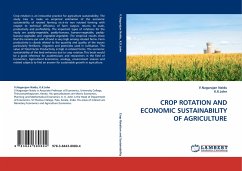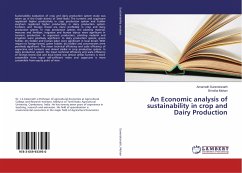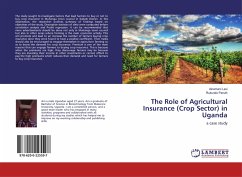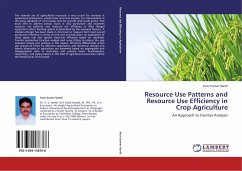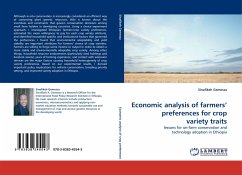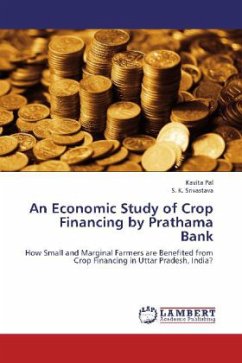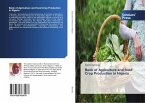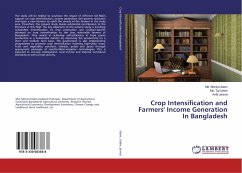Crop rotation is an innovative practice for agriculture sustainability. The study tries to make an empirical estimation of the economic sustainability of rotated farming vis-à-vis non rotated farming with respect to technical efficiency of farm output, returns to scale, productivity and profitability. The important types of rotations for the study are paddy-vegetable, paddy-banana, banana-vegetable, paddy-banana-vegetable and vegetable-vegetable. The empirical results show that the income per unit of land is very high among rotated farms. Farm productivity is closely related to the quantity and quality of the inputs particularly fertilizers, irrigation and pesticides used in cultivation. The value of Total Factor Productivity is high in rotated farms. The economic sustainability of the land enhances due to crop rotation.This book would be a good reference for academicians and researchers in the field of Economics, Agricultural Economics, ecology, environment science and related subjects to find an answer for sustainable growth in agriculture.
Bitte wählen Sie Ihr Anliegen aus.
Rechnungen
Retourenschein anfordern
Bestellstatus
Storno

